Anti-doping procedures compulsory at future Tours of Borneo
Malaysian federation responds to criticism
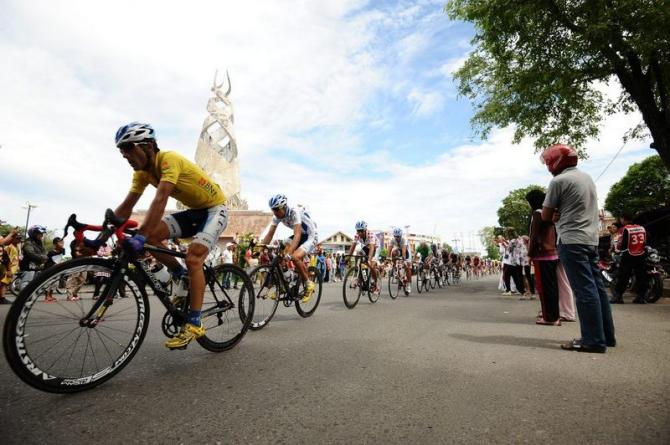
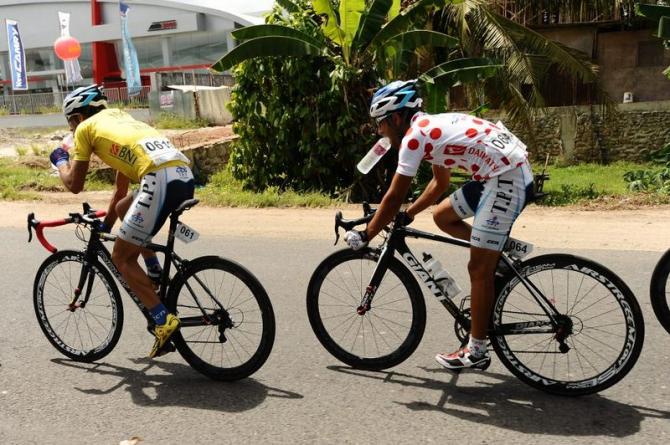
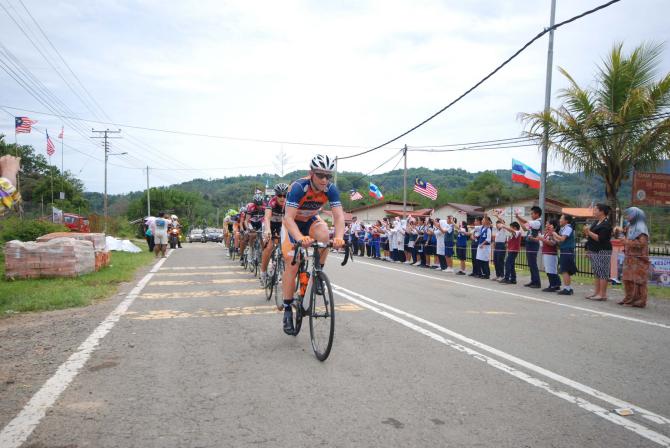
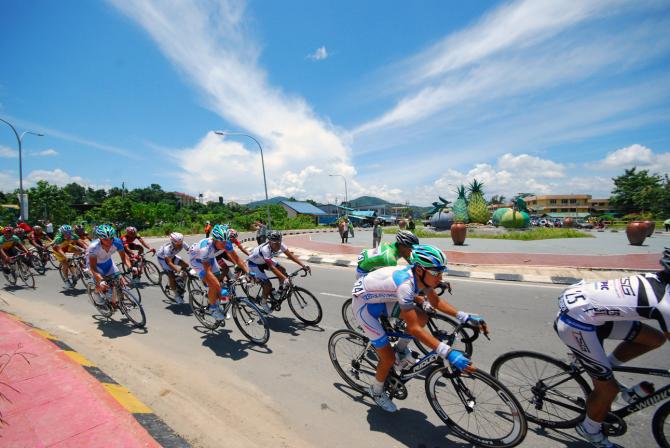
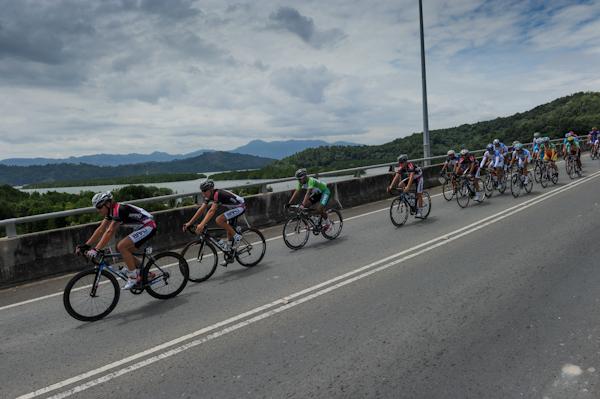
In response to criticism following the lack of anti-doping procedures at the recent Tour of Borneo, the Malaysian National Cycling Federation (MNCF) has insisted that controls will take place in order for future events to go ahead.
With teams increasingly frustrated at the dominant performance of the Tabriz Petrochemical Team in particular, which claimed the overall via Ghader Mizbani and second-place with Mirsamad Pourseyedigolakhour with over six minutes to the next best-placed rider after five stages, it came to light that there was no testing carried out with several teams taking to social media to complain. Cyclingnews confirmed as much with race organisers who provided the following response:
"The organiser was well aware of the importance of doping control[s] in [the] Tour of Borneo. [The] UCI did not send anti-doping inspector[s] for this race and had advised the organiser to make sure that the participating riders are not under suspicion."
The New Straits Times reports that the unwanted focus on the race, will mean changes for the Tour of Borneo next year.
"We don't really know why the organisers of the Tour of Borneo had not requested for doping controls to be carried out at their event, but next year, we will insist that it is compulsory before approving the event," said MNCF president Abu Samah.
"We are worried about this rise in doping cases, so we are open to having doping controls being carried out at all our events if possible."
Under UCI rules, the Tour of Borneo was not required to have anti-doping measures in place however according to the MNCF, testing still should have been requested to be carried out by the federation.
Get The Leadout Newsletter
The latest race content, interviews, features, reviews and expert buying guides, direct to your inbox!
The Anti-Doping Agency of Malaysia (ADAMAS) said that it will full co-operate with the MNCF.
"We now have the manpower to assist in carrying out more doping controls at cycling events. We must begin to expose cyclists to these controls from an early age, as part of the process of educating them," said unit head Nishel Kumar.